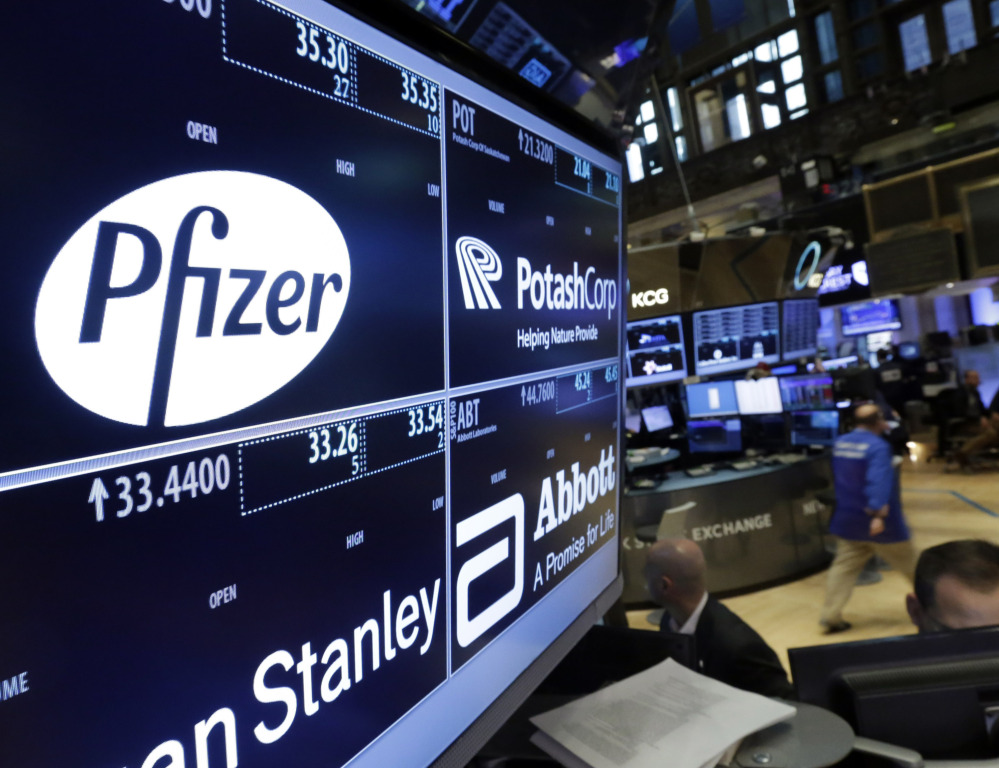It will take years before we know for sure how the tax bill passed last year by Congress shakes out for the economy. But just three months into the new year, we can already see that one major selling point is falling short.
So far, the spoils of the $1.5 trillion tax cut are going exactly where Democrats opposed to the bill said they would go, right where the economic gains of the last 30 years have largely gone — to the top.
Sure, some of the country’s largest and most profitable corporations have used the timing of the tax bill to announce employee bonuses, even raises. Those announcements, however, are more public relations than anything else.
Bank of America, for instance, touted $145 million in one-time employee bonuses, but forgot to mention the tax bill will save the company nearly $2.7 billion in 2018.
Apple, too, issued $300 million in bonuses, after saving around $40 billion on just one provision of the tax bill.
And Walmart said they were rewarding $400 million in bonuses and $300 million in raises. The company, however, faced with low unemployment and new state laws increasing the minimum wage, likely would have had to raise wages anyway to attract workers and meet statutory requirements.
So what are companies doing with the savings?
While most lower- and middle-class Americans saw a slight increase in take-home pay that may or may not last, Walmart spent $4 billion buying back its own stock, a well-worn corporate strategy for raising stock prices.
The practice rewards top executives and shareholders, and is somewhat beneficial to the stock market as a whole. But it doesn’t help the average American, as buybacks are not investments in a company’s future, and most stock holdings — 84 percent — are held by the top 10 percent of earning households.
It is a practice that has become more common in the last 20 years and which now in monetary terms matches what corporations spend on new factories, research and development, and other investments, and it is being supercharged.
Apple now plans to buy back $30 billion of its stock, on top of the $30 billion in stock it buys back every year.
Pharmaceutical companies combined plan to buy back some $50 billion worth of stock, rather than investing in research and development, the reason, the companies always tell us, that drug prices are so high.
In fact, at the end of 2017, American companies announced more than $178 billion in stock buybacks, the largest amount ever recorded in a single quarter.
Morgan Stanley analysts estimate that, overall, 43 percent of savings from the tax bill will go toward buybacks. Another 19 percent will go toward mergers and acquisitions, they say, so that companies like Pfizer can buy up competitors and control more of the market.
The analysts say 17 percent of the savings will go toward capital investment, which at least has a shot of making life better for average Americans, while just 13 percent will pay for employee bonuses and raises (with much of that going to executives).
At a time of rising income inequality, Republicans passed a tax bill that will increase corporate profits without spurring investment, and may raise wages only as an afterthought.
If the success of the tax bill is based on how much of the savings makes its way to working-class Americans, then that’s expecting the money to travel an awfully long way.
Send questions/comments to the editors.



Comments are no longer available on this story